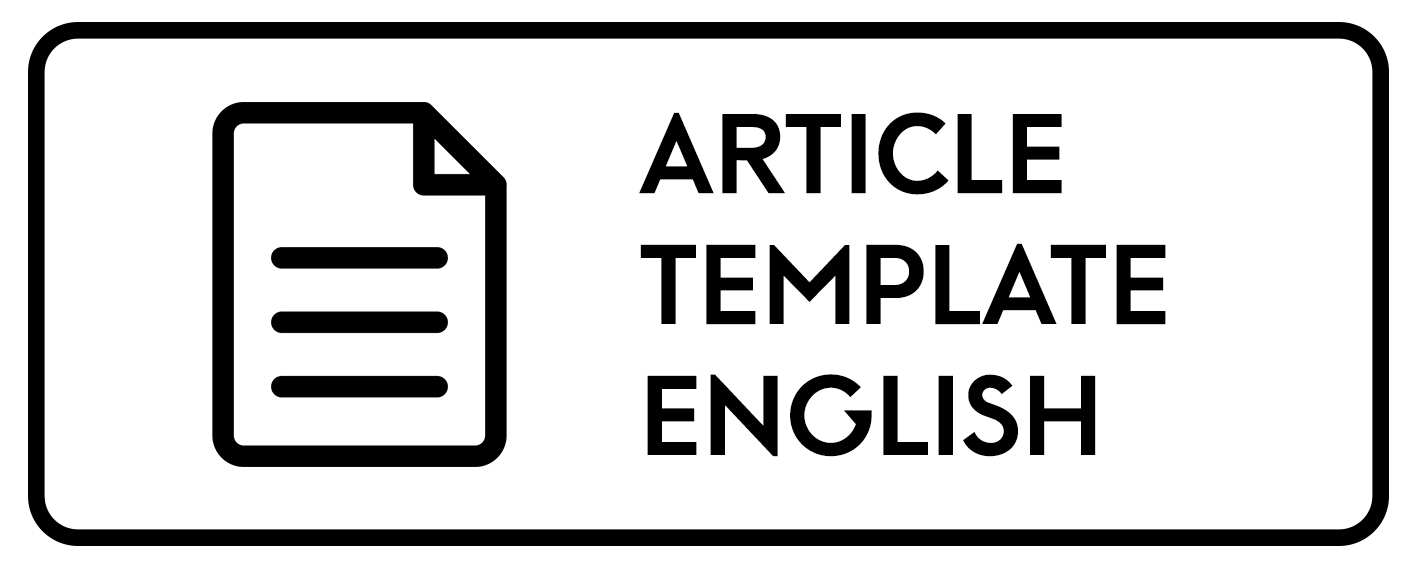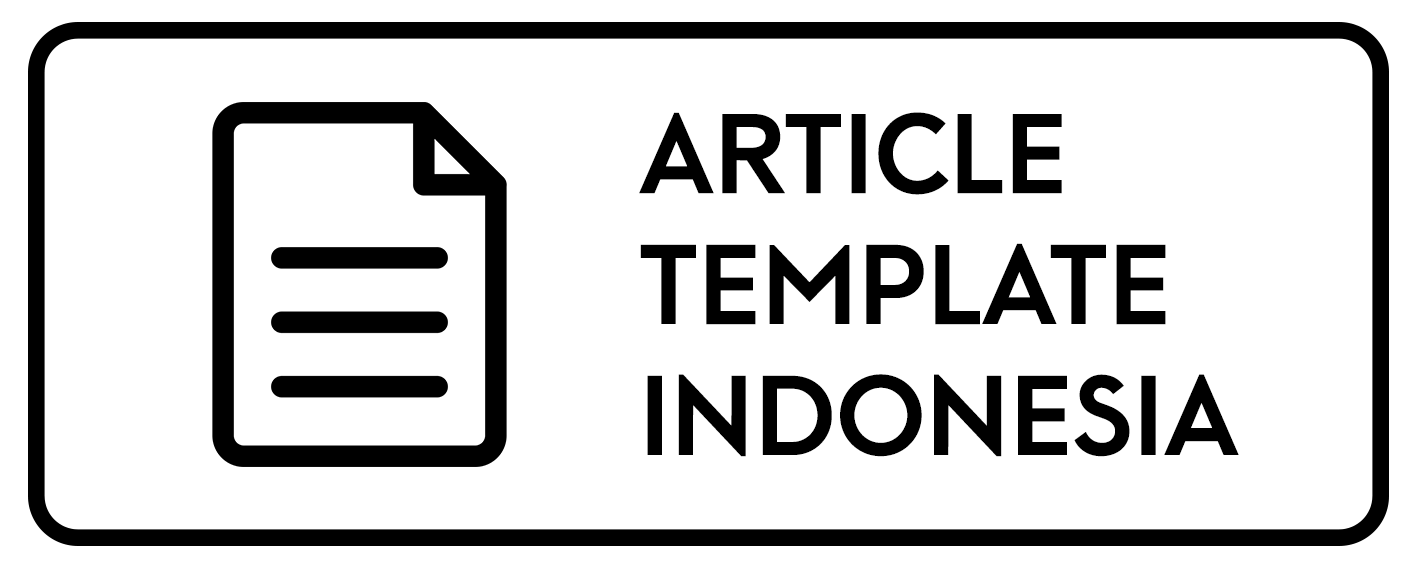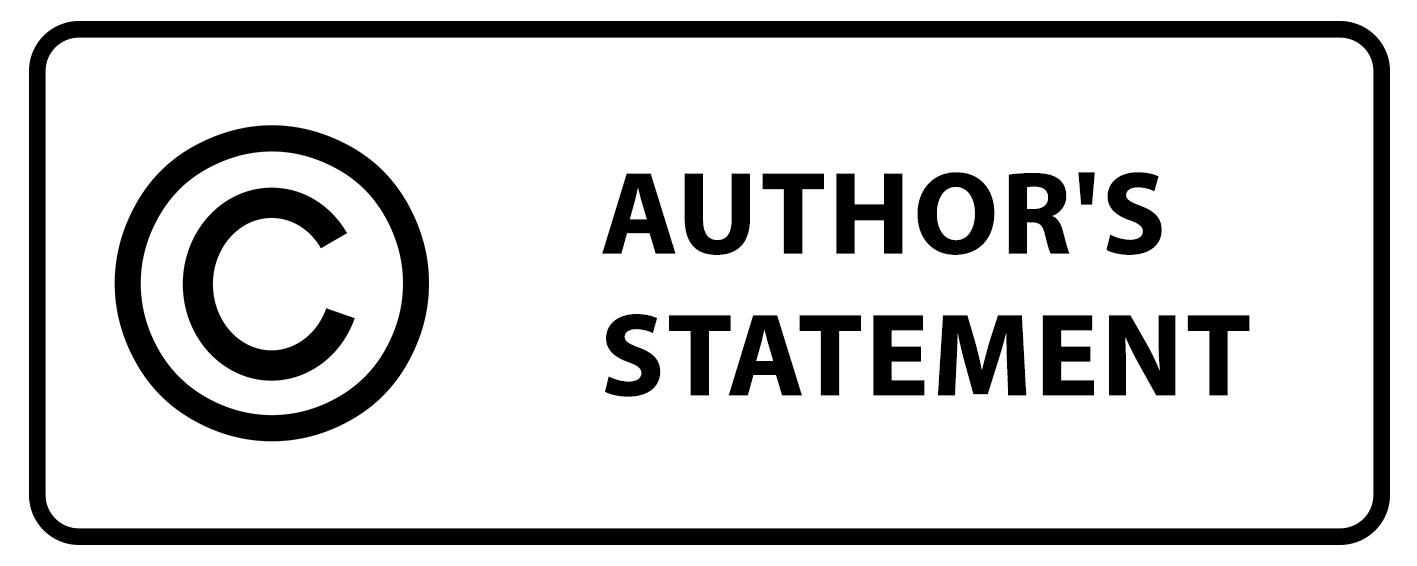Increasing Madrasah Aliyah Teacher Creativity through Madrasah Principal Leadership, Madrasah Climate, and Scientific Literacy
DOI:
https://doi.org/10.30872/jimpian.v4i2.4389Keywords:
madrasah principal leadership, madrasah climate, scientific literacy, teacher creativity, madrasah aliyahAbstract
This research aims to examine the leadership of madrasah heads, madrasah climate, and scientific literacy that can encourage and have a positive influence on teacher creativity at Madrasah Aliyah. Teacher creativity plays an important role in the success of the learning process, influenced by several factors such as leadership support from the madrasah head, the madrasa environment, and strong scientific literacy. This research uses a quantitative approach with a survey design, data collection is carried out through questionnaires distributed to Madrasah Aliyah teachers. Research findings reveal that the leadership of madrasah heads has a significant positive effect on teacher creativity, encouraging the exploration of new ideas and the development of creativity. Apart from that, the supportive madrasah climate encourages teacher creativity in the learning process. Scientific literacy helps teachers in designing and delivering learning with scientific knowledge. The research concluded that these three factors interact with each other and are essential in increasing teacher creativity at Madrasah Aliyah. Therefore, support from the leadership of the madrasah head, a conducive madrasah climate, and increasing scientific literacy are the keys to increasing teacher creativity in education at the Madrasah Aliyah level.
Downloads
References
Alqorni, R. A., Suhardi, E., & Retnowati, R. (2023). Increasing Teacher Creativity through Strengthening Achievement Motivation and Information Literacy. Primary: Jurnal Pendidikan Guru Sekolah Dasar, 12(2), 542–550. https://doi.org/10.33578/jpfkip.v12i2.9698
Arifa, F. N. (2021). Peran Guru dalam Pemulihan Pendidikan Pascapandemi dan Tantangan. Info Singkat: Kajian Singkat Terhadap Isu Aktual Dan Strategis, 8(19), 13–18. https://berkas.dpr.go.id/pusaka/files/info_singkat/Info Singkat-XIII-19-I-P3DI-Oktober-2021-1953.pdf
Asiyah, A., Febrini, D., Topano, A., Mustamin, A. A., & Hakim, M. A. R. (2024). Measuring the Impact of Islamic Values-Based Scientific Literacy on Scientific Competency of Madrasah Teachers. International Journal of Learning, Teaching and Educational Research, 23(4), 476–496. https://doi.org/10.26803/ijlter.23.4.25
Bellibaş, M. Ş., Ryskulueva, F., Levin, J., & Pietsch, M. (2024). A safe space and leadership matter for innovation: Exploring the role of psychological safety in the relationship between transformational leadership and innovation radicalness in Kyrgyz classrooms. Educational Management Administration & Leadership, 1(2), 1–23. https://doi.org/10.1177/17411432241264696
Dašić, D., Kostadinović, M. I., Vlajković, M., & Pavlović, M. (2024). Digital Literacy in the Service of Science and Scientific Knowledge. International Journal of Cognitive Research in Science, Engineering and Education (IJCRSEE), 12(1), 219–227. https://doi.org/10.23947/2334-8496-2024-12-1-219-227
Eriyanti, R. W., Cholily, Y. M., & Masduki, M. (2022). Meningkatkan Kreativitas Guru dalam Inovasi Pembelajaran Berbasis HOTS untuk Mengembangkan Berpikir Ktitis dan Kreatif Siswa. To Maega: Jurnal Pengabdian Masyarakat, 5(3), 416–428. https://doi.org/10.35914/tomaega.v5i3.1176
Hildayati. (2024). The Influence of Principal Instructional Leadership, School Climate, and Work Motivation on Teacher Professionalism in Public High Schools throughout Barito Kuala Regency. EduLine: Journal of Education and Learning Innovation, 4(1), 53–67. https://doi.org/10.35877/454RI.eduline2377
Isma, A., Isma, A., Isma, A., & Isma, A. (2023). Peta Permasalahan Pendidikan Abad 21 di Indonesia. Jurnal Pendidikan Terapan, 1(3), 11–28. https://doi.org/10.61255/jupiter.v1i3.153
Jabbar, A. A., & Hussein, A. M. (2017). The Role of Leadership in Strategic Management. International Journal of Research -GRANTHAALAYAH, 5(5), 99–106. https://doi.org/10.29121/granthaalayah.v5.i5.2017.1841
Leong, S. Y., & Said, H. (2023). Recruitment Challenges for International Schools in Malaysia. EDUCATUM Journal of Social Sciences, 9(1), 74–84. https://doi.org/10.37134/ejoss.vol9.1.7.2023
Liu, X. (2020). Beyond Science Literacy: Science and the Public. International Journal of Environmental & Science Education, 4(3), 301–311. http://www.ijese.net/makale_indir/IJESE_1395_article_582726318e35a.pdf
Mulawarman, W. G., & Srihandari, A. P. (2021). Manajemen Kepemimpinan Kepala Sekolah Perempuan: Analisis Model CIPP. Aksara: Jurnal Ilmu Pendidikan Nonformal, 7(1), 1–14. https://doi.org/10.37905/aksara.7.1.1-14.2021
Permatasari, F., Lestari, N. A., Christie, C. D. Y., & Suhaimi, I. (2023). Kepemimpinan Transformasional Kepala Sekolah Dalam Meningkatkan Mutu Kinerja Guru: Studi Meta Analisis. Indonesian Journal of Humanities and Social Sciences, 4(3), 923–944. https://ejournal.uit-lirboyo.ac.id/index.php/IJHSS/article/view/5133
Purawanto. (2019). Kepemimpinan Pendidikan. Interlude.
Rahmadhani, D., Yuliani, R. D., Arruan, A., & Mulawarman, W. G. (2023). Peran Kepemimpinan Kepala Sekolah terhadap Kompetensi Pedagogik Guru Penjasorkes: Studi Kasus Sekolah Menengah Pertama di Kecamatan Tenggarong. Jurnal Ilmu Manajemen Dan Pendidikan, 3(February), 33–40. https://doi.org/10.30872/jimpian.v3iSE.2904
Sovayunanto, R. (2022). Learning Loss dan Faktor-Faktor Penyebab di Sekolah Menengah Pertama (SMP). Jurnal Mahasiswa BK An-Nur : Berbeda, Bermakna, Mulia, 8(1), 12–17. https://doi.org/10.31602/jmbkan.v8i1.6001
Subaidi, S., Komariah, A., Tantowi, A., Munasir, M., Sabban, I., Hartini, N., Suryadi, S., Muslim, A. Q., Kurniady, D. A., Rahman, F. S., Salsabil, S. H., & Barowi, B. (2023). Visionary Leadership in Improving the Quality and Competitiveness of Private Islamic Primary Schools. Journal of Governance and Regulation, 12(2), 66–76. https://doi.org/10.22495/jgrv12i2art6
Sudjana, N. (2016). Penilaian Hasil Proses Belajar Mengajar. Remaja Rosdikarya.
Sugiyono. (2021). Metode Penelitian Kuantitatif, Kualitatif, dan R&D. Alfabeta.
Tumuheise, A., Ssempala, F., Rwends, F. T., & Nachuha, S. (2023). Factors affecting implementation of competence based curriculum in selected Secondary Schools of Kabale Municipality- Kabale District. International Journal of Educational Policy Research and Review, 10(2), 94–105. https://doi.org/10.15739/ijeprr.23.008
Downloads
Published
How to Cite
Issue
Section
License
Copyright (c) 2024 Rini Dwi Yuliani, Azainil Azainil, Widyatmike Gede Mulawarman

This work is licensed under a Creative Commons Attribution-ShareAlike 4.0 International License.
|
|
Every work in Jurnal Ilmu Manajemen dan Pendidikan is licensed under a Creative Commons Attribution-ShareAlike 4.0 International License.
Under the following terms:
- Attribution — You must give appropriate credit , provide a link to the license, and indicate if changes were made . You may do so in any reasonable manner, but not in any way that suggests the licensor endorses you or your use.
- ShareAlike — If you remix, transform, or build upon the material, you must distribute your contributions under the same license as the original.
- No additional restrictions — You may not apply legal terms or technological measures that legally restrict others from doing anything the license permits.
Authors who publish with this journal agree to the following terms:
- Authors retain copyright and grant the journal right of first publication with the work simultaneously licensed under a CC BY-SA 4.0 DEED Attribution-ShareAlike 4.0 International that allows others to share the work with an acknowledgment of the work's authorship and initial publication in this journal.
- Authors are able to enter into separate, additional contractual arrangements for the non-exclusive distribution of the journal's published version of the work (e.g., post it to an institutional repository or publish it in a book), with an acknowledgment of its initial publication in this journal.
- Authors are permitted and encouraged to post their work online (e.g., in institutional repositories or on their website) prior to and during the submission process, as it can lead to productive exchanges, as well as earlier and greater citation of published work.













